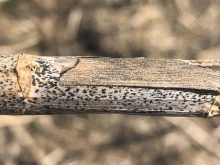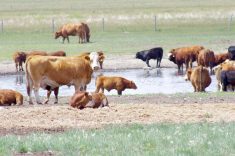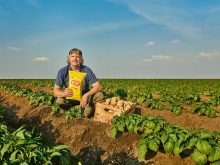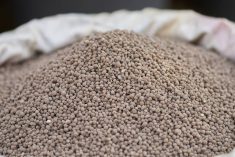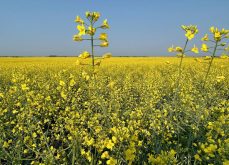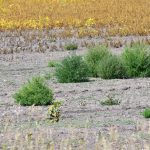A supersized new biodiesel plant will be good news for Alberta canola growers — even if it’s not actually located in Alberta.
“It would have been great if it had been close to home for me personally, but there’s a bigger picture,” said Sylvan Lake producer Mike Ammeter, a director for Alberta Canola.
“Even if it was located in Manitoba, that would still arguably benefit me as part of the whole canola industry — maybe not directly, but indirectly, there are definite benefits.
Read Also
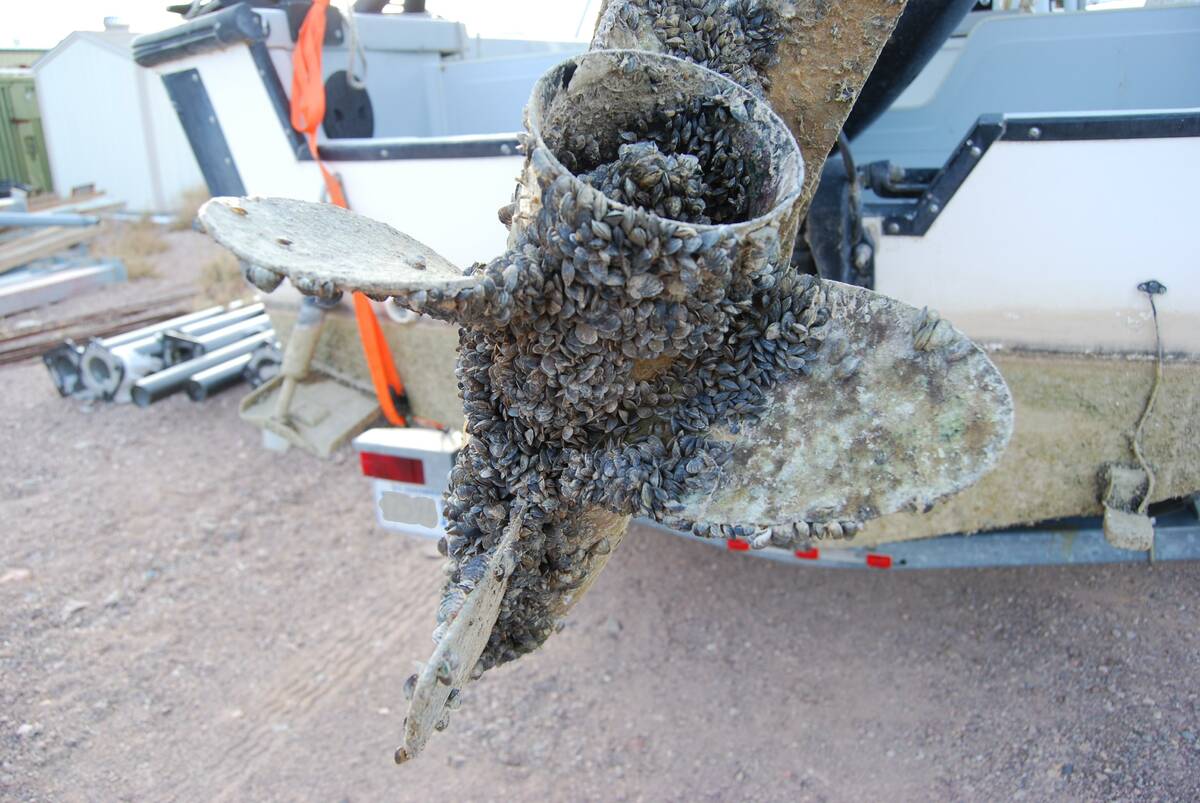
Invasive species council lending a helping hand to Alberta agricultural producers
Alberta Invasive Species Council unveils the huge economic effect of keeping invasive species unchecked to agricultural production in the province.
“I probably won’t deal with them directly because it’s such a distance, but it’s still an increase in demand, and that is good.”
Earlier this year, a Calgary company called True North Renewable Fuels announced it would be building a massive facility in Regina that would process up to one million tonnes of canola oil a year and make one billion litres of renewable diesel. Last month Federated Co-operatives purchased True North’s assets to bring the plan closer to fruition and if all goes well, the facility will be built and operating by 2025.
And while Alberta canola growers don’t anticipate delivering directly to the Regina plant, they hope it will still boost the demand — and the prices — for their canola.
“Having it in Saskatchewan is still very good news for us,” said John Mayko, another Alberta Canola director who farms near Mundare, 700 km from Regina.
“Obviously from an Alberta economy perspective, it would be better to have it in Alberta, but for canola producers, having demand anywhere is still a good news story.
“If we can’t have it in Alberta, Saskatchewan is the next best place to have it.”
Even if all the canola used by the Regina facility comes from Saskatchewan, it “means there’s more demand for ours elsewhere,” said Alberta Canola vice-chair Roger Chevraux.
“Which hopefully means there’s going to be a better price across the board for everybody,” said the Killam-area producer. “We may not individually deliver to them, but it takes up a good portion of the number of bushels produced in Canada, which means there’s more demand for ours elsewhere.”
Ammeter hopes that will create a “domino effect” of more stable demand.
“The requirements for that plant are somewhere similar to exporting to a small country,” he said. “At the end of the day, it’s another source of good demand.”
And having a larger base of customers in Canada — particularly ones who will buy year in and year out — is a good thing, Mayko added.
“We of course welcome all customers, but when you can have a domestic market for it — especially a steady domestic market — that definitely helps the stability of the industry,” he said.
“There’s always more potential hiccups in an export situation than there is in a domestic market.”
While renewable diesel (which is chemically similar to petroleum diesel) doesn’t need to be blended, Ottawa’s proposed Clean Fuel Standard is expected to benefit both it and biodiesel.
Currently, about 500,000 tonnes of canola are used in Canada to make the latter, the result of federal regulations requiring a two per cent blend of biofuels in diesel. The Clean Fuel Standard could see that blend rate increase to 10 per cent, which would translate into a 2.5-million-tonne demand for canola seed by 2030 — a market that’s roughly the size of Canada’s current seed exports to Japan.
“There’s an opportunity to have a very large domestic market here in Canada and into the United States,” said Chevraux. “The one plant in Regina might be just the beginning that leads to a whole bunch more plants across Western Canada.”
And he thinks that Alberta is the right place for those plants. “A lot of it is going to depend on the policy the government has for the Clean Fuels Standard,” he said. “If they really do a good job of it, I think we might start to see more investment here in Alberta, which will use more of the Alberta crop.
“I think there’s opportunity here in Alberta. We’re untapped right now.”



